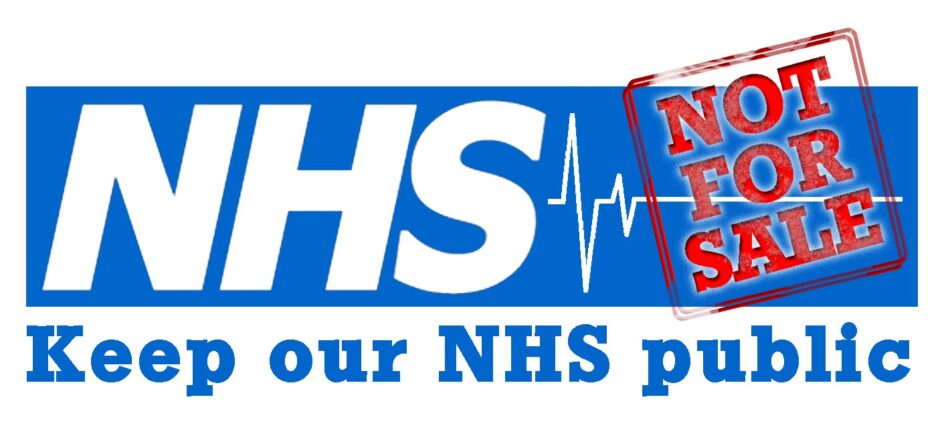

SECRET COST-CUTTING plans could force hospitals, Accident & Emergency departments and wards to close, as stretched health workers struggle to cope. The Guardian and campaign group 38 Degrees reveal that NHS Trusts face a shortfall of £22 billion by 2020-21.
Each of NHS England’s 44 “footprint” areas have been asked to submit a “sustainability and transformation plan” (STP), bringing together clinicians, patients and local health partners. Proposals include A&E closures, hospital mergers and a reduction in face-to-face consultations.
STPs and cuts
NHS England says that it wants strong public engagement with STPs before any final decisions, yet have told local health systems not to make plans public.
Wendy Saviour, Director of Commissioning Operations for North Midlands, said, “STPs are not meant to be published at all. They should not go to Board meetings. Some of them contain very radical things… These are highly political and highly contentious.”
Nonetheless, some have been leaked and some published.
Dr Tajek Hassan, President of the Royal College of Emergency Medicine, warned that STPs “are potentially catastrophic and will put lives at risk… The multitude of problems facing emergency departments – including the worst four-hour performance for a decade, staffing shortages and overcrowding – will not be solved by closing units and removing beds. Patients will not simply disappear.”
He was responding to a survey of Clinical Commissioning Group (CCG) officers in which almost a third said their STPs might close or downgrade A&Es in the next 18 months, while half warned beds would go and a fifth expected staff cuts.
Hospitals in England are running up a record deficit of £2.45 billion, as a surge in demand coincides with severe cuts. Budgets fall far short of what is needed.
One in ten nursing posts remain unfilled with trainee numbers down 17 per cent cut over four years. This will get worse when bursaries are scrapped in 2017.
Privatisation
A YouGov poll found that 84 per cent of respondents want a publicly owned NHS. But Tory cuts, alongside private firms’ ability to undercut public providers, will push CCGs to outsource their contracts. This is a deliberate strategy: run down the NHS; undermine public confidence; offer private health insurers and care providers to fill the gaps.
The 2012 Health and Social Care Act allowed services to be contracted out to “any qualified provider”. In 2015 private firms won 40 per cent of all contracts, despite evidence that competition and privatisation worsen health equity and quality of care.
Virgin Care, with its poor reputation, won a £700 million contract covering more than 200,000 people in Bath and North East Somerset in November. It will become the prime provider of a wide range of care from April next year.
Serco was forced to abandon out-of-hours GP services in Cornwall, after it emerged that it had falsified data.
And when Circle took over Hinchingbrooke Hospital, it had to withdraw from a 10-year contract due to patient neglect and inadequate hygiene.
Save the NHS
On 26 November, thousands of campaigners responded to a call from Labour leader Jeremy Corbyn to defend our NHS. This is just a start.
Defending the NHS should become a nationwide focal point for resistance to this government. Labour members should demand that councils refuse to sign up to the STPs, as Hammersmith & Fulham and Ealing councils have already done. Councils can also invoke their powers through Overview and Scrutiny Committees to hold NHS managers to account. They can refuse to implement the plans for cuts and closures.
Labour should also build and support the national demonstration for the NHS, which has been called by Health Campaigns Together for 4 March 2017. A huge and militant mobilisation should push trade union leaders into action. Following the example of the junior doctors, the trade union movement must coordinate widespread industrial action against cuts and privatisation.